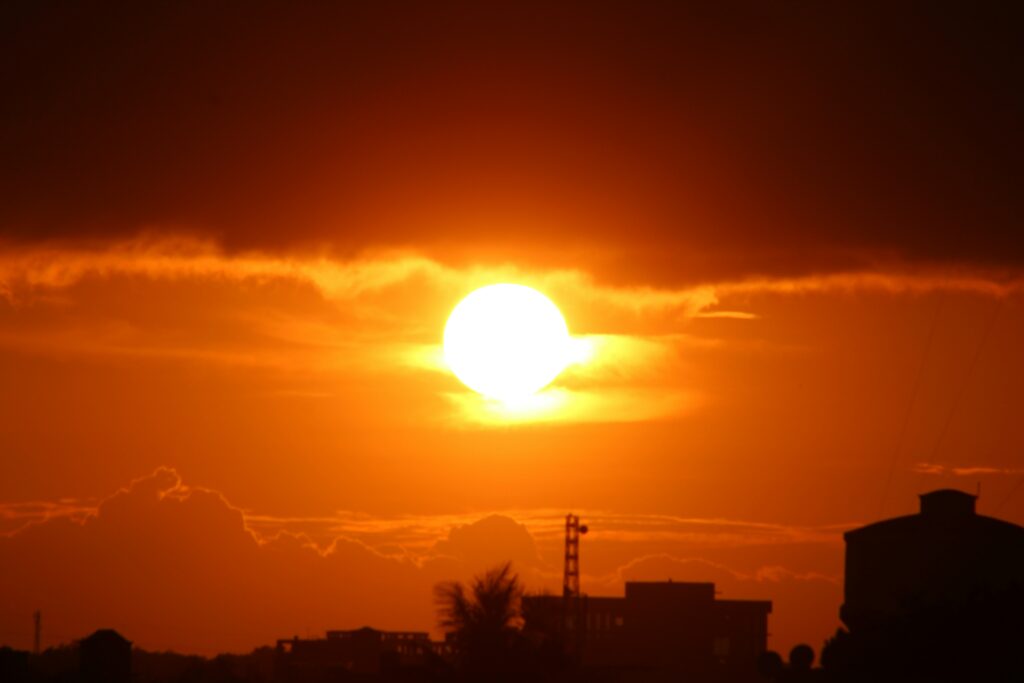We recently recorded a rant about a new study in Nature magazine supposedly attributing hundreds of heatwaves to the emissions associated with specific oil companies with eerie precision, decimal place on decimal place, including some relatively small ones in Canada. Many such studies focus on one heat wave in particular, the 2021 heat wave in the Pacific Northwest, or PNW21 as it is called, which was admittedly very intense. We did a Fact Check video on the hype surrounding this event, showing that it was rare because the weather conditions that gave rise to it were so rare. But the PNW21 hype shows no sign of going away, in part because so many studies declared that it would have been impossible without emissions of greenhouse gases. Not just rare, mind you, impossible. This conclusion is based on numerous studies that look at data extending back to 1950. But last year two Canadian scientists asked what would happen if they used data going back to 1940, not exactly a huge leap into the mists of time. And this cautious, even obvious step led them to discover that a supposedly impossible heat wave also happened in 1941, long before modern greenhouse gas emissions took off, meaning the 2021 event was far less unusual than has been claimed. And will be again.
The study, published in Weather and Climate Extremes, started by noting that:
“Previous studies of extreme temperatures over arbitrarily-defined rectangular regions covering parts of Oregon, Washington and British Columbia have estimated return periods of 200-100,000 years, generally based on data since 1950, with some analyses suggesting that the event would have been considered impossible based on statistical fits to pre-2021 data, or based on climate models failing to simulate such events.”
So, using a statistical model estimated on data going back to 1950, many teams of scientists have concluded that a heatwave like PNW21 could never have happened before in history. You’ve gotta love models. Especially if you hate data. And they won’t like it better now.
The authors only had to look 9 years earlier, to 1941, to find a heatwave that rivalled PNW21. It doesn’t seem to have a cool name. But over the course of “the 1941 event” it spread out over a vast area encompassing BC, Alberta and Saskatchewan. While it wasn’t quite as hot in BC, the 1941 event was even hotter in Saskatchewan than the 2021 event. And, the authors noted, since the background climate was a bit cooler to begin with, even BC’s heat wave represented as big a departure from normal in 1941 as in 2021.
It was already a problem that the statistical models fitted to data spanning 1950 to 2020 predicted that a 2021-style heat wave was impossible. Although the alarmists like to spin that by saying it was “impossible in the absence of climate change” some of the more honest types in the science world added that the according to the models it was impossible with or without climate change – which of course means the models are rubbish since the dang thing actually happened. But the new study rubs it in even more, by pointing out that it happened both after and before the sample period, meaning the models fail in predicting forward or backward, which doesn’t really leave much, now does it? And, the authors note, it also means the 2021 heat wave was less rare in western Canada than previously thought.
In fact that was the lucid, to-the-point title of their paper: “The 2021 heatwave was less rare in Western Canada than previously thought.” They, like others, do the statistical hocus-pocus and try to figure out the “return period” for heatwaves in each province, i.e. how many years, on average, will there be between heatwaves of that magnitude. If you like that sort of thing go ahead and read the paper, but bear in mind they have a sample of 81 years in which two heat wave events occurred so saying anything other than twice in 80 years is guesswork. But at least we know such an event was not impossible, and that one of them happened long before most greenhouse gases were emitted, which is one more reason to hope the lawfare vultures don’t succeed in suing our energy firms into the ground.


